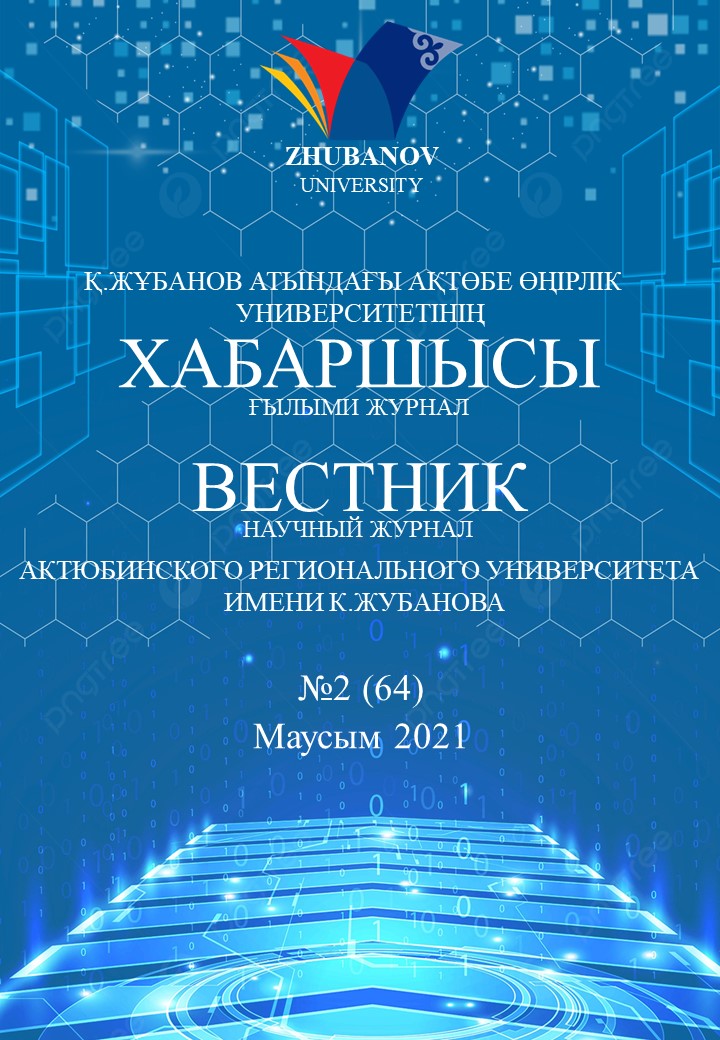It’s clear that there is a close relationship between language and thought, but how this relationship is
established and how much it affects human life is a matter of debate. Language causes people to display certain types of information, showing that people don’t always need to think by focusing on certain details of the world and those who speak other languages on aspects of the experience. Since such speech habits develop from early centuries, they can influence people’s experiences, perceptions, feelings, and memories. In this study, this relationship between language and thought has been emphasized and the hypotheses put forward on this issue have been put forward. Daily experience shows that most of our thinking is facilitated by language. In this case, the following questions should be asked: Is it possible to
think without language? Or does our language determine the way we think? These seemingly simple questions’ complexity has preoccupied philosophers, psychologists, and linguists for generations. A simple answer to these questions is by no means possible; but at least we can be clear about the factors causing complications. In the article the author examines the main assumptions and makes an analysis concerning the relationship between language and thought.
- Altynors, A. (2012). On Chomsky's objection to behavioral approaches to language. Black Sea Journal.
- Altynors, A. (2015). Descartes, Rene Don't talk about the method. Istanbul: Paradigm Publications.
- Harris, R., Talbot J. (2018). Taylor Turning Points In Linguistic Thought I (Western Tradition From Socrates To Saussure). Ankara: TDK publications.
- Crystal, D. (1987). The Cambridge Encyclopedia of Language. Cambridge: Cambridge University Press. Pp. vii + 472.
- Hickmann, M. (2000). Linguistic relativity and linguistic determinism: some new directions. Linguistics. 38 (2): 410. DOI: 10.1515/ling.38.2.409.
- Deutscher, G. (2016). Through the Language Glass: Why the World Looks Different in Other Languages. New York: Cornerstone Digital. https ://www.nytimes.com/2010/08/29/magazine /29 anguage-t.html
- Sapir, E. (1929). The status of linguistics as a science. Language, 5 (4): 207. DOI:10.2307/409588, JSTOR 409588.
- Whorf, B.L., Carroll, J.B. (1956). Language, Thought, and Reality: Selected Writings of Benjamin Lee Whorf. Cambridge, Massachusetts: MIT Press.
- Crystal, D. (1987). The Cambridge Encyclopedia of Language. Cambridge: Cambridge University Press. Pp. vii + 472
- D'Andrade R. (1995). The development of cognitive anthropology. New York: Cambridge University Press.
- Winawer, J. (2007). Russian blues reveal effects of language on color discrimination. PNAS, 104 (19); DOI: https://doi.org/10.1073/pnas.0701644104.
- Comrie, B. (2012). Linguistic Society of America Linguistic Society of America. DOI: https://www.linguisticsociety.doi.org/resource/language-and-thought.
- Brown, R.W., Lenneberg, E.H. (1954). A study in language and cognition. The Journal of Abnormal and Social Psychology. 49 (3): 454–462. DOI:10.1037/h0057814.
- Pinker, S. (1994). The Language Instinct. New York: William Morrow and Company.
- Frank, M.C., Fedorenko, E., Edward G. (2008). Language as a cognitive technology: English-speakers match like Piraha when you don’t let them count, Cognition. 108(3):819-24.
- Masharov, M. (2006). Linguistic relativity: does language help or hinder perception? Current Biology, ISSN 0960-9822, Vol: 16, Page: 289-91.
- Everett, D. (2013). Language, Culture and Thinking. London: Profile Books.
- Orwell, G., Haldun D.(çev.) (1960). Bindokuzyüz Seksen Dört. Ankara: Maarif Basımevi.
- Mcgraw, B.R. (1983). Dissemination. SubStance, vol. 12, no. 2, p. 114., DOI: 10.2307/3684496.
- Dzelzainis, M. (2012). Milton, Foucault, and the New Historicism. Rethinking Historicism from Shakespeare to Milton, Cambridge: Cambridge University Press. DOI: 10.1017/cbo9781139226431.014

